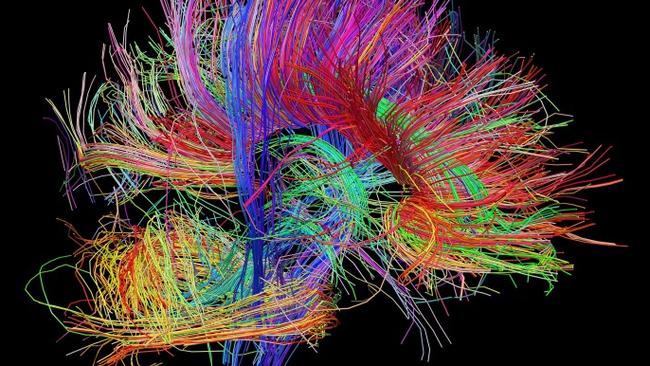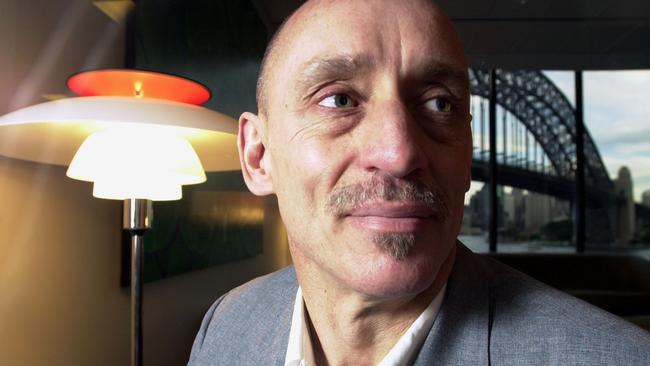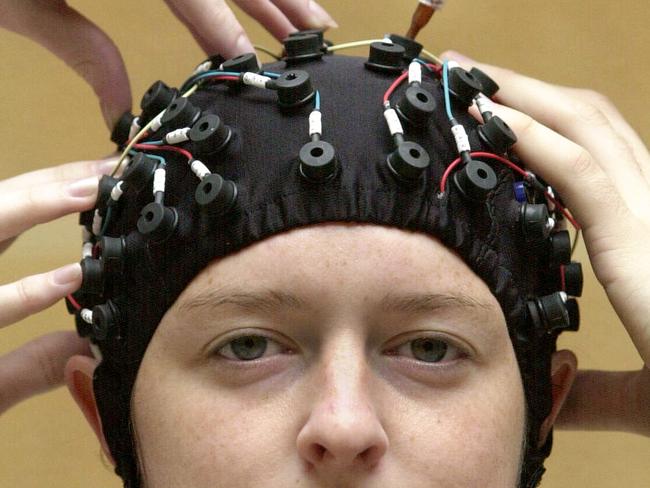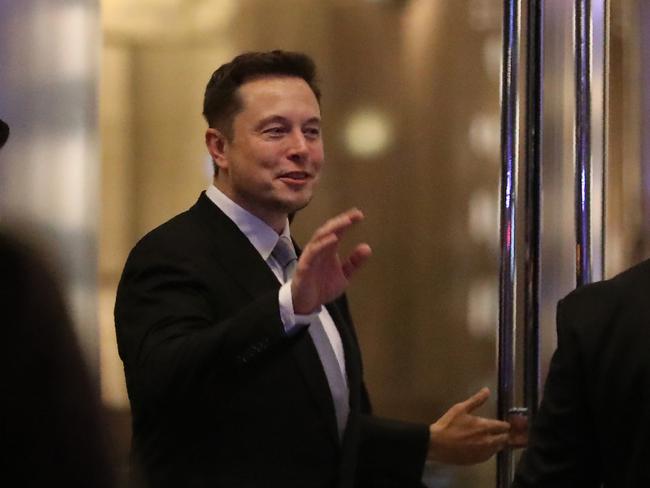‘I need to become a virtual person’: Aussie pens desperate letter to tech Billionaire
IN A bid to avoid the fate of his late father, this desperate Aussie has penned an open letter to a tech billionaire with a truly bizarre request.

IF you could, would you want to live forever — even if it meant existing in a virtual world?
That is the desperate goal of Australian man Philip Rhoades, the founder of a body-freezing cryonics lab and a brain preserving company called the Neural Archives Foundation.
The latter consists of scientifically preserved brains stored all over the country — including those of his recently deceased parents — waiting for the day when their contents might be uploaded to a computer.
Of course the science underpinning such an ambitious idea is dubious to say the least, but Mr Rhoades believes it’s just a matter of time until technology is advanced enough to achieve his dream.
At 65, he understands time is of the essence and so he’s turned to a well-known figure of tech innovation for help: Elon Musk.
The billionaire founder of Tesla and SpaceX recently announced a new venture called Neural Lace to develop a way to connect the human brain with a computer. Mr Rhoades believes the tech titan is somebody who can push the controversial field forward.
In a bizarre open letter the former biomedical researcher spruiked his credentials and volunteered his brain to be uploaded and sent to Mars, allowing him to “explore the universe”.
Musk has bold plans to take humans to Mars and is planning to launch a mission to the red planet in conjunction with NASA in the coming decade.
Mr Rhoades believes it would make more sense to send “virtual people”.
“I am convinced that I need to become a virtual person (via mind uploading) sooner rather than later,” he writes in his letter to Musk.
It sounds delusional — and many would argue that it is — but Mr Rhoades is convinced the science of transferring our brains to computers has not been proven to be impossible.
“I don’t care if your average Facebook user thinks it’s all crazy ... people in the business are spending serious money on this,” he told news.com.au.

Russian internet millionaire Dmitry Itskov is among them. He is pursuing brain uploading with the ultimate goal of being able to transfer someone’s personality into a completely new body.
“Within the next 30 years, I am going to make sure that we can all live forever,” he told the BBC last year.
“All of the evidence seems to say in theory it’s possible — it’s extremely difficult, but it’s possible.”
Mr Rhoades said he knew there was “virtually no chance” of getting Mr Musk’s attention, so he published the letter on a site that promotes the convergence of technology and the human body.

“From a technological point of view I don’t know that Neural Lace is the best solution ... but certainly that brain computer interface angle is the way to go to get the brain uploading stuff going,” he said.
“It sounds like science fiction but it’s not. It’s just the normal march of scientific progress.”
Currently, scientists are working on something called the Human Conectome Project which is mapping the connections and neural links in the brain to better understand how it functions.
Mr Rhoades is hopeful such research will give us a better understanding of how things like memories are stored and that one day we’ll be able to be decode them.
There is another, more personal factor that drives his optimism.
Towards the end of his life, Mr Rhoades’ father — who died in May last year — suffered from a neural degenerative disease. His son is desperate to avoid a similar fate.
“If we accelerate this, I might be able to skip the freezing step and get uploaded directly,” he said.




